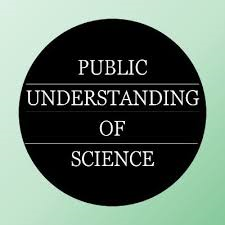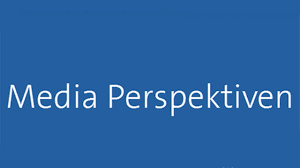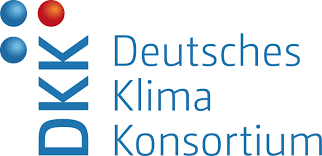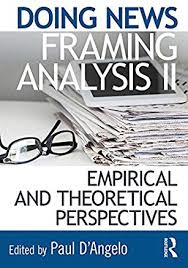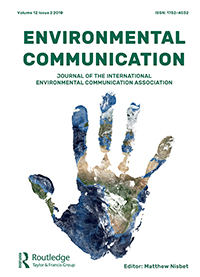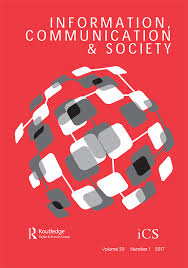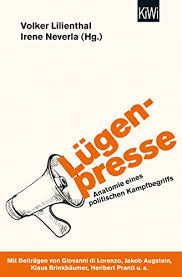Herr Brüggemann, viele Menschen scheinen in Sorge ums Weltklima, sie fragen sich, was sie tun können – und verzweifeln.
Michael Brüggemann: Verständlich, weil ich als Einzelner das Klima nicht beeinflussen kann. Dafür muss ich mich mit anderen zusammentun. Das ist die gute Idee bei „Fridays for Future“: Wenn Zehntausende Schüler demonstrieren, dazu die Eltern und viele Tausend Wissenschaftler von „Scientists for Future“, dann entsteht politischer Druck. Wir sehen gerade, dass das funktionieren kann.
Von Klimaschützern wird viel angeklagt. „Wir sind laut, weil ihr uns die Zukunft klaut“ heißt es auf Plakaten.
Das ist eingängig. Aber uns sollte klar sein: Polarisierung birgt ein großes Risiko. In den USA stehen sich bereits zwei Seiten gegenüber, die kaum noch mit einander reden können. Wenn wir den anderen nur als Sünder beschimpfen und anklagen, was der alles falsch macht, werden wir ihn kaum überzeugen.
Klimasünder ist eine beliebte Vokabel.
Mein Eindruck: Das ist ein typisch deutscher Begriff. Ist mir auf Englisch nie begegnet. Hierzulande wird gern nach dem Schuldigen gesucht. Mit moralischen Vorwürfen erreichen wir aber nichts.
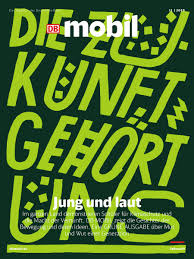
Schumacher, David (10/28/2019): “Klimasünder: Typisch Deutsch”. Interview with Michael Brüggemann. Hamburg. DB-Mobil. Available online at https://mobil.deutschebahn.com/system/magazines/files/000/000/060/original/DBMOBIL_11-2019.pdf?1571403298

